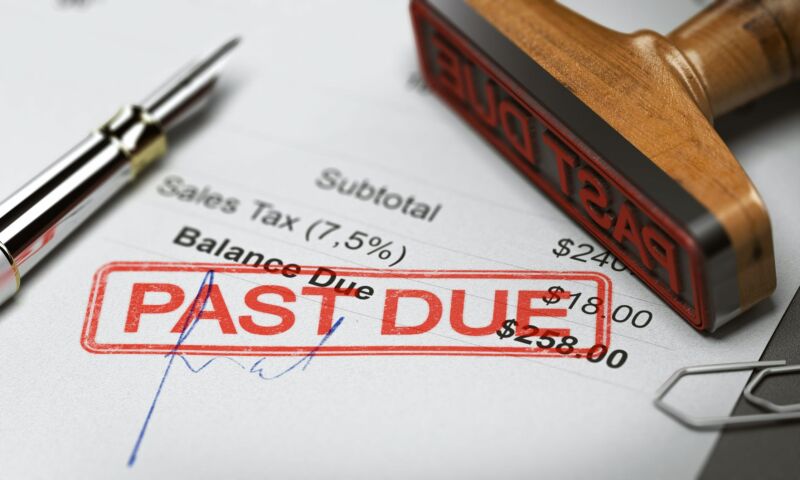Supreme Court strikes down 2015 law allowing robocalls by debt collectors

Enlarge (credit: Getty Images | Olivier Le Moal)
The US Supreme Court today struck down a provision in US law that let debt collectors make robocalls to cell phones, ruling that the law violates the First Amendment by favoring debt-collection speech over other speech.
The Telephone Consumer Protection Act (TCPA) of 1991 prohibits "almost all robocalls to cell phones," but Congress in 2015 amended the law to add "a new government-debt exception that allows robocalls made solely to collect a debt owed to or guaranteed by the United States," the Supreme Court noted in today's ruling. The opinion was written by Justice Brett Kavanaugh.
"As the Government concedes, the robocall restriction with the government-debt exception cannot satisfy strict scrutiny," the ruling said. "The Government has not sufficiently justified the differentiation between government-debt collection speech and other important categories of robocall speech, such as political speech, issue advocacy, and the like." Government-backed loans affected by the ruling include student loans, home mortgages, veterans' loans, farm loans, and business loans.
Read 14 remaining paragraphs | Comments